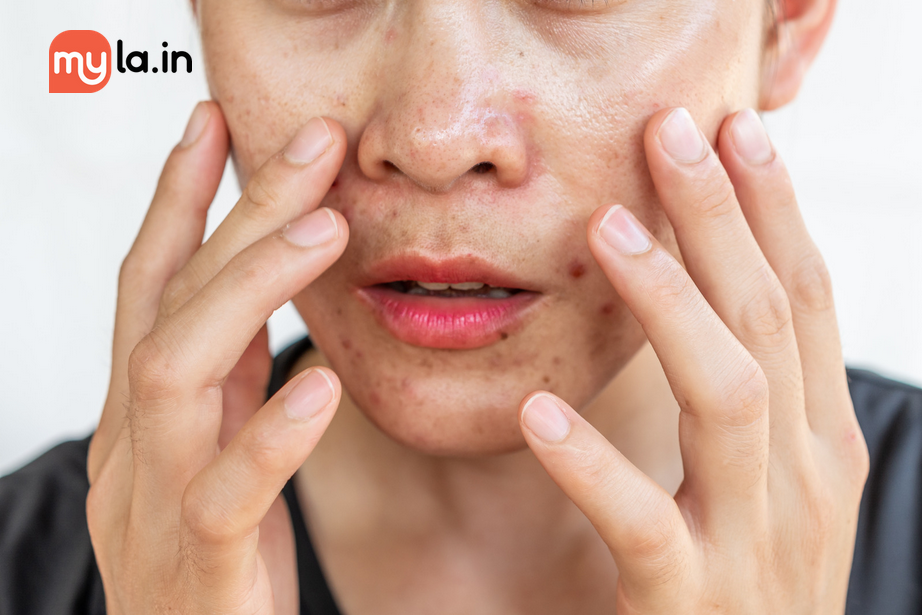Are you tired of constantly battling with oily skin? Does it feel like no matter what you do, your face is always slick and shiny? Well, fear not! Finding the right skincare routine can be a game-changer for those with oily skin. However, it’s crucial to know what to do and what not to do to achieve that coveted flawless complexion. We will share 5 do’s and don’ts for oily skin in this blog. So, read on to discover the secrets of achieving that perfect matte finish!
Understanding the causes of oily skin
Oily skin is a common condition that affects many people. It occurs when the sebaceous glands in your skin produce excess oil. Giving your face a shiny appearance and clogging pores. Understanding your oily skin is critical to managing it effectively. Genetics, hormonal changes such as puberty or menopause, and medication can all influence how much oil your skin produces.
It’s important to identify the specific needs of oily skin. Gentle cleansing to get rid of excess oil without stripping away essential moisture. Lightweight moisturizers hydrate but not suffocate the pores. And products that regulate sebum production so you can have healthy-looking, shine-free skin.
Using harsh skincare products or skipping steps in your routine may lead to even more oil production or breakouts. With proper care tailored for oily complexions, you’ll be on track for clear, smooth radiant-looking skin!
5 Do’s and Don’ts for oily skin naturally for a flawless complexion
If you have oily skin, it’s important to follow a skincare routine that helps regulate oil production. And keeps your skin looking healthy and radiant. Here are 5 essential do’s to keep in mind:
1. Cleanse Regularly
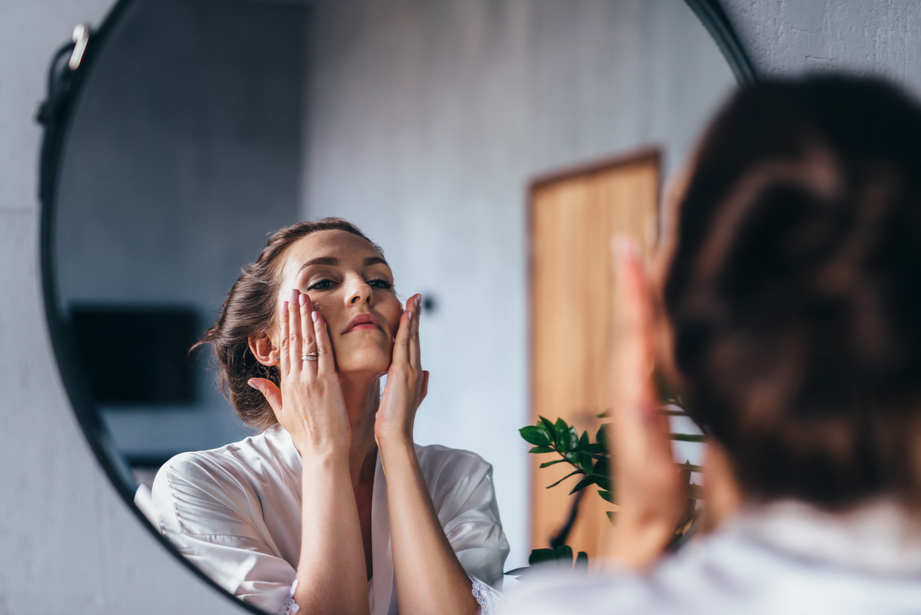
Use a gentle cleanser twice a day to remove excess oil, dirt, and impurities from your skin. Search for items that incorporate salicylic acid or benzoyl peroxide as they can assist in clearing out pores and averting acne. However, it’s important to avoid harsh cleansers that can strip your skin of its natural oils. Instead, choose a gentle, non-comedogenic cleanser that is specifically designed for oily skin.
2. Exfoliate Your Skin

Exfoliation is an important step in any skincare routine, especially for oily skin. It helps to remove dead skin cells, unclog pores. And reduce the appearance of blackheads and whiteheads. However, be careful not to over-exfoliate your skin, as this can cause irritation and inflammation. Employ a mild exfoliating scrub or chemical exfoliant once or twice weekly.
3. Face Mask
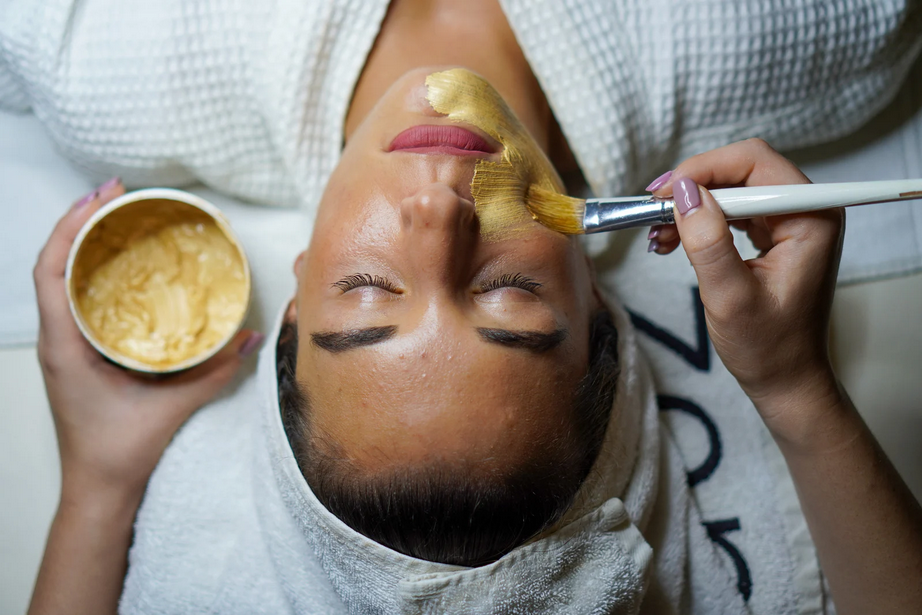
Using a face mask once or twice a week can be an effective way to manage oily skin. Face masks that contain ingredients like clay or charcoal can help to absorb excess oil, while also reducing the appearance of pores. These masks work by drawing out impurities from your skin. Leaving it looking and feeling refreshed. When selecting a face mask for oily skin, look for products that are specifically designed to address oil production and pore size, and be sure to follow the instructions carefully for best results
4. Protect With Sunscreen

Sunscreen is important for everyone, but it’s especially important if you have oily skin. Exposure to the sun’s harmful UV rays can cause damage and premature aging. And some sunscreens can exacerbate oiliness. Look for a lightweight, oil-free sunscreen with an SPF of at least 30, and apply it every day, even on cloudy days.
5. Stay Hydrated
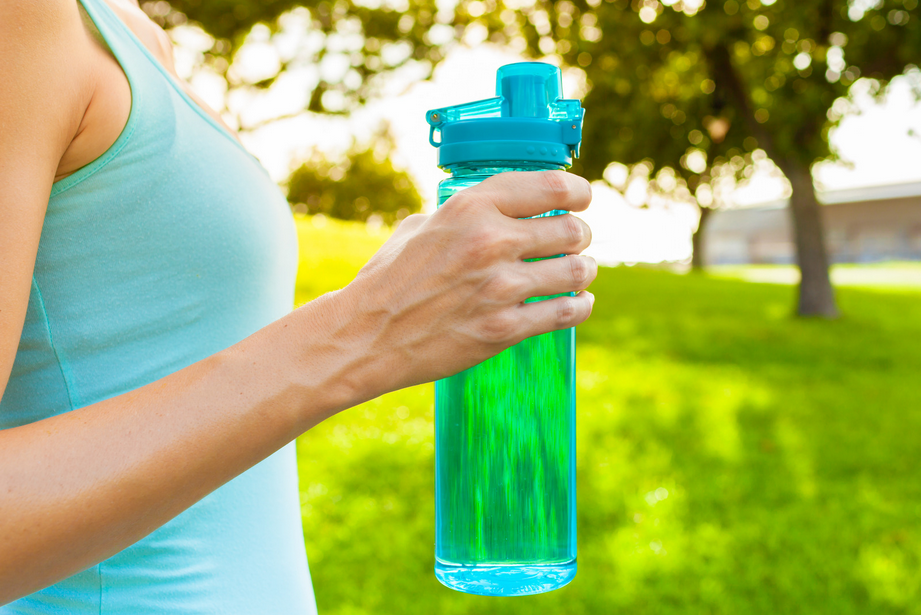
Drinking plenty of water is essential for maintaining healthy, hydrated skin, especially if you have oily skin. When your skin is dehydrated. It can produce more oil to compensate, leading to increased oiliness and breakouts. Aim to drink at least 8 glasses of water a day, and eat a diet rich in hydrating fruits and vegetables.
The 5 Don’ts For Oily Skin
1. Don’t Touch Your Face

Touching your face can transfer dirt, oil, and bacteria from your hands to your skin, leading to breakouts and irritation. Steer clear of touching your face during the day. And make sure to cleanse your hands before applying any skincare products.
2. Don’t Use Harsh Products
While it’s important to cleanse your skin and remove excess oil, using harsh, drying products can actually exacerbate oiliness by stripping your skin of its natural oils. Avoid products that contain alcohol, fragrances, and other harsh ingredients that can irritate your skin.
3. Don’t Skip Moisturizer
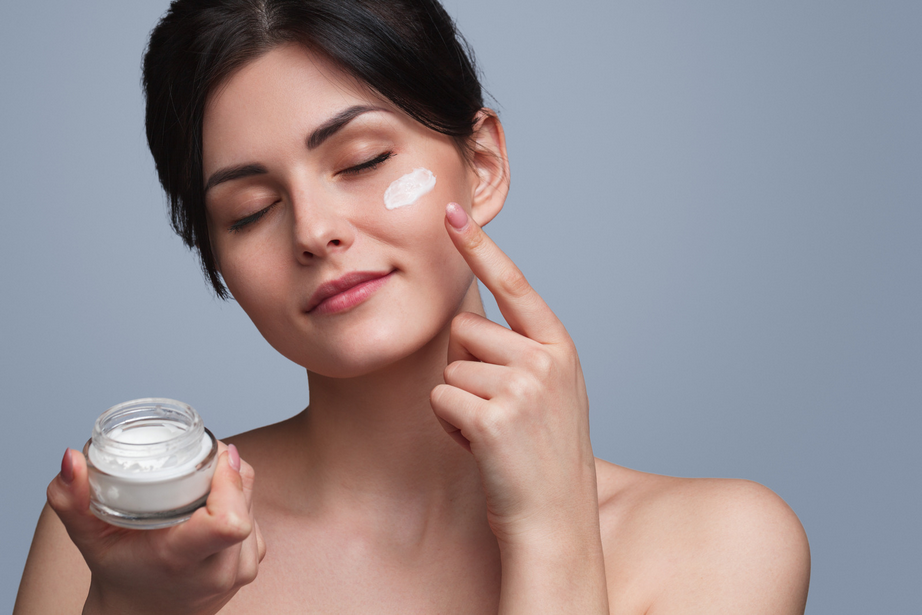
Many people with oily skin skip moisturizer in an attempt to reduce oiliness. However, skipping moisturizer can actually lead to increased oil production as your skin tries to compensate for the lack of hydration. Rather, seek out a weightless, oil-free moisturizer that won’t obstruct your pores.
4. Don’t Over Wash Your Face
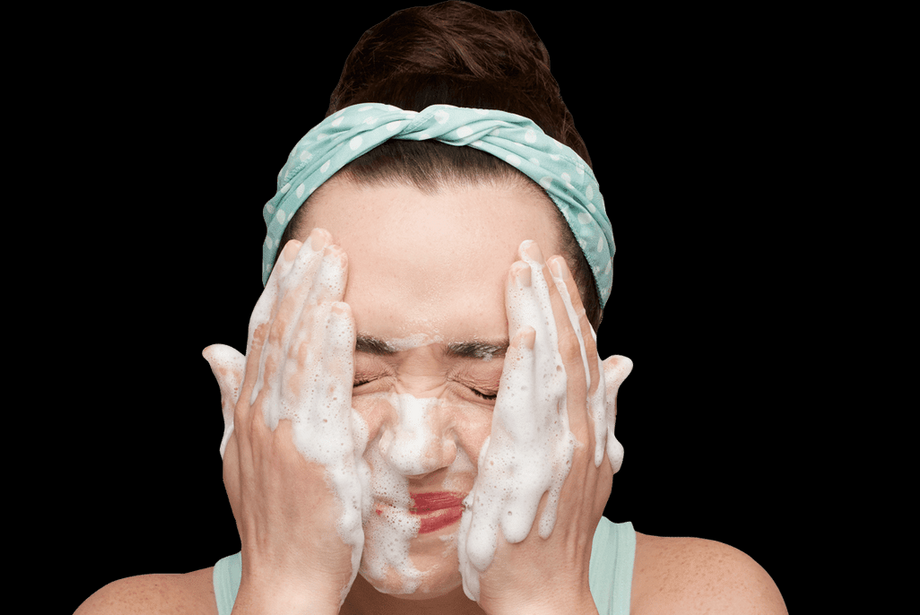
Although washing your face is important, over washing can actually stimulate oil production, making oily skin worse. Try to limit your face washing to twice a day, or as needed if you become particularly sweaty or dirty.
5. Don’t’ Use Heavy Makeup

Heavy makeup can clog your pores and contribute to oily skin. Try to opt for lightweight, oil-free makeup products that won’t clog your pores. You can also try using a primer or setting powder to help control shine throughout the day.
Maintaining a sustainable long-term approach to caring for oily skin
Maintaining a sustainable long-term approach to caring for oily skin is crucial. Consistency in your skincare routine and lifestyle habits is key to keeping oil production under control. It’s also important not to get too caught up in quick-fix solutions or trendy products that may actually harm your skin over time.
One of the best things you can do for your oily skin is to focus on hydration. Drinking plenty of water, using hydrating toners, and incorporating lightweight moisturizers into your routine will help balance out excess sebum production.
Additionally, make sure to be gentle with your skin, harsh scrubbing or over-exfoliating can strip away natural oils and cause more problems down the line. Stick with non-comedogenic products that won’t clog pores and avoid touching your face throughout the day.
Finally, don’t forget about the big picture when it comes to taking care of yourself, getting regular exercise. And eating a healthy diet full of nutrient-rich foods. And managing stress levels are all critical components of maintaining a healthy complexion in the long run.
In conclusion, managing oily skin can be a challenge, but it’s not impossible. By understanding your skin type and following the do’s and don’ts outlined in this article. You can achieve a flawless complexion. Remember to use targeted skincare products and make lifestyle changes that promote healthy, oil-free skin. With a sustainable long-term approach to caring for your oily skin. You can maintain a radiant and glowing complexion. Do not allow oily skin to hinder your self-assurance and beauty. Take care of your skin in summer and get ready to show off your flawless skin!
